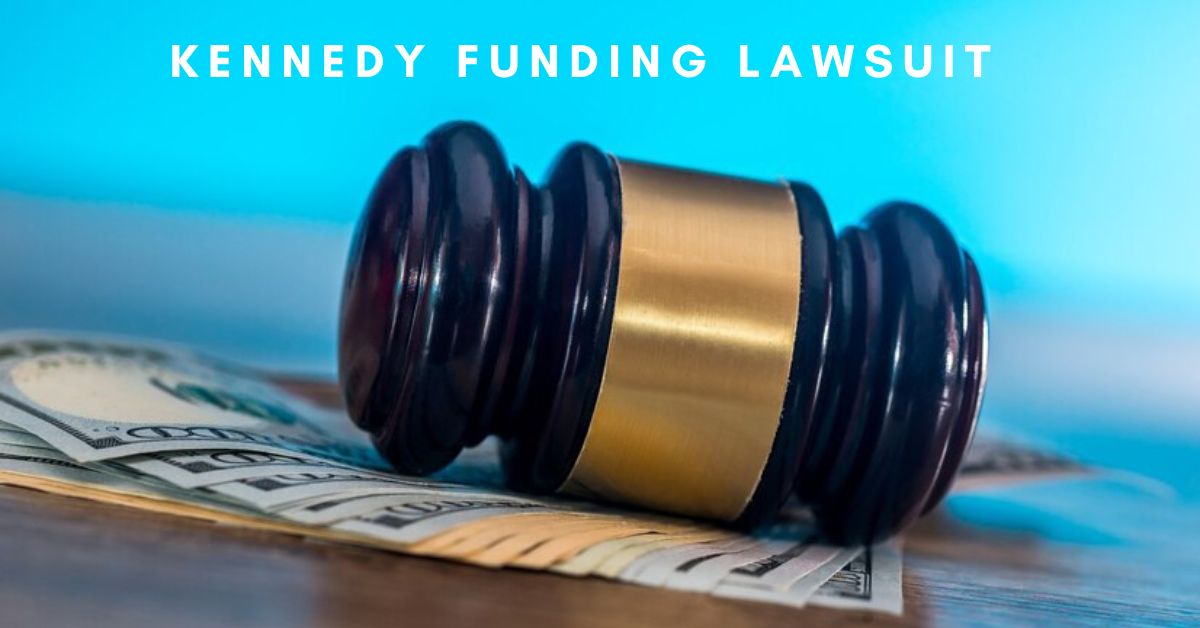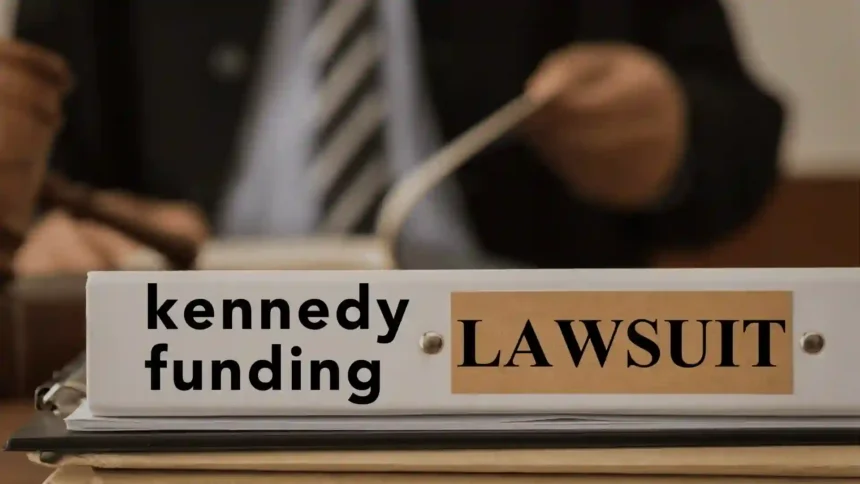The Kennedy Funding lawsuit, a high-stakes legal battle, centers on allegations of breach of contract and fraud in the context of commercial real estate lending. The case has significant implications for both borrowers and lenders, highlighting the critical need for transparency, due diligence, and adherence to ethical business practices.
Background of the Case
The Kennedy Funding lawsuit centers around a complex and contentious financial transaction involving Kennedy Funding, Inc. (KFI), a commercial real estate lender, and Virgil Shelton, the plaintiff. The Kennedy Funding Lawsuit’s origins trace back to the financing of the Rest in Peace Cemetery in Hensley, Arkansas, and the subsequent legal battles over alleged breaches of contract and fraudulent activities.
The Initial Transaction
The case began when Willie Acklin, the owner of the Rest in Peace Cemetery, faced financial difficulties and sought to restructure his financing. To achieve this, he obtained a bridge loan from KFI, using the cemetery as collateral. This type of loan is typically short-term and designed to provide immediate funds while awaiting longer-term financing.
The Estoppel Certificate
A crucial document in this transaction was the Estoppel Certificate. This certificate was intended to clarify and confirm Acklin’s obligations and the status of the loan agreement before KFI committed to providing the funds. Virgil Shelton, the plaintiff, alleged that KFI failed to uphold the terms of this certificate, which he claimed amounted to a breach of contract.
Allegations of Fraud
In addition to breach of contract, Shelton accused KFI of engaging in fraudulent activities. These allegations included claims that KFI had inflated the value of the properties involved and failed to disclose critical information about the risks associated with the loan. Shelton argued that these actions were part of a broader pattern of predatory lending practices aimed at exploiting borrowers in vulnerable financial positions.
Key Legal Issues
The lawsuit revolves around several key legal issues:
- Breach of Contract: Shelton claimed that KFI failed to uphold the terms of the Estoppel Certificate, a critical document in the agreement. This certificate was intended to clarify Acklin’s obligations before KFI committed to the loan. KFI allegedly did not meet its commitments as stated in the Estoppel Certificate.
- Fraud: Shelton also accused KFI of fraudulent activities, including inflating property values and failing to disclose material facts about the properties and associated risks. These allegations suggested that KFI engaged in predatory lending practices.
Court Proceedings and Rulings

The court proceedings have seen several significant rulings:
- Initial Verdict: The jury initially sided with Shelton, awarding him $1,675,000 based on breach of contract and fraud claims. However, KFI disagreed with the verdict and appealed the decision.
- Appeal Outcome: On appeal, the court affirmed the district court’s judgment regarding the breach of contract but reversed the judgment on the fraud claims. The case was remanded for further proceedings, reducing Shelton’s judgment to $675,000.
Implications for the Financial Industry
The Kennedy Funding lawsuit has broad implications for the financial industry:
- Regulatory Scrutiny: The case may prompt regulatory authorities to review and potentially tighten regulations governing private lending institutions and real estate financing. Increased scrutiny and oversight could be implemented to prevent similar disputes in the future.
- Industry Practices: Financial institutions and lending firms may reassess their lending practices, risk management strategies, and compliance protocols. The lawsuit underscores the importance of transparency, thorough due diligence, and ethical conduct in lending activities.
- Public Perception and Reputation Management: The lawsuit has also highlighted the role of public perception in the financial sector. Online forums and industry discussions have dissected the case, influencing reputations and potentially impacting business outcomes. KFI’s response to the allegations and its public relations strategy are crucial in maintaining trust among stakeholders.
Lessons for Borrowers and Lenders
Both borrowers and lenders can learn valuable lessons from the Kennedy Funding lawsuit:
- For Borrowers: The case emphasizes the importance of thoroughly understanding loan terms and conditions before signing agreements. Borrowers should conduct proper due diligence on their lenders, seek legal advice, and ensure transparency and fairness in all transactions.
- For Lenders: Lenders must ensure they operate within legal boundaries, accurately disclose all terms and conditions, and avoid predatory lending practices. Conducting comprehensive background checks and maintaining open communication with borrowers can help mitigate disputes and ensure ethical business practices.
Conclusion
The Kennedy Funding lawsuit serves as a critical reminder of the complexities and challenges facing the lending industry. It highlights the need for transparency, ethical conduct, and rigorous due diligence in commercial real estate transactions. As the legal battle continues to unfold, its outcomes will likely influence future regulations and industry practices, shaping the financial landscape for years to come.







